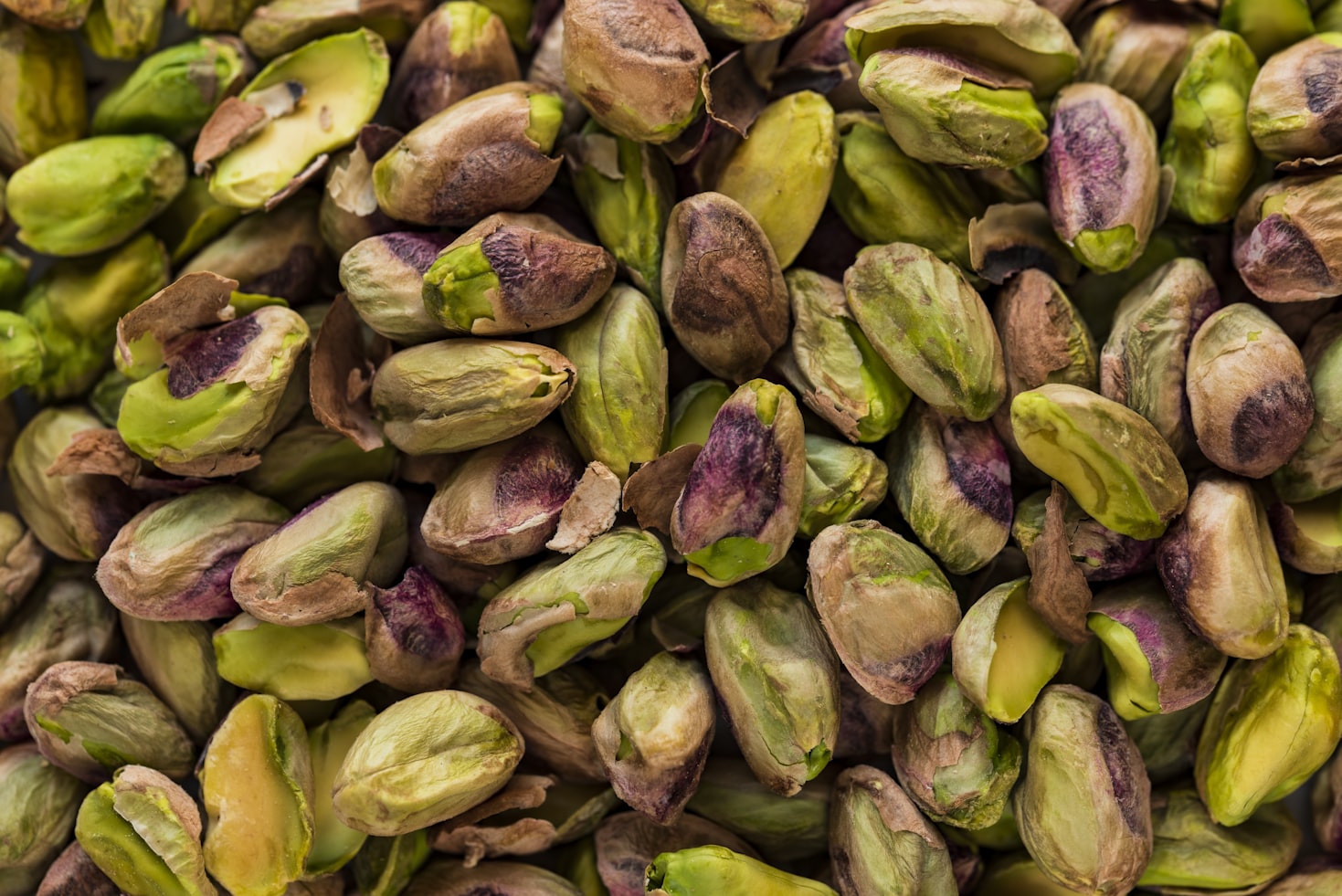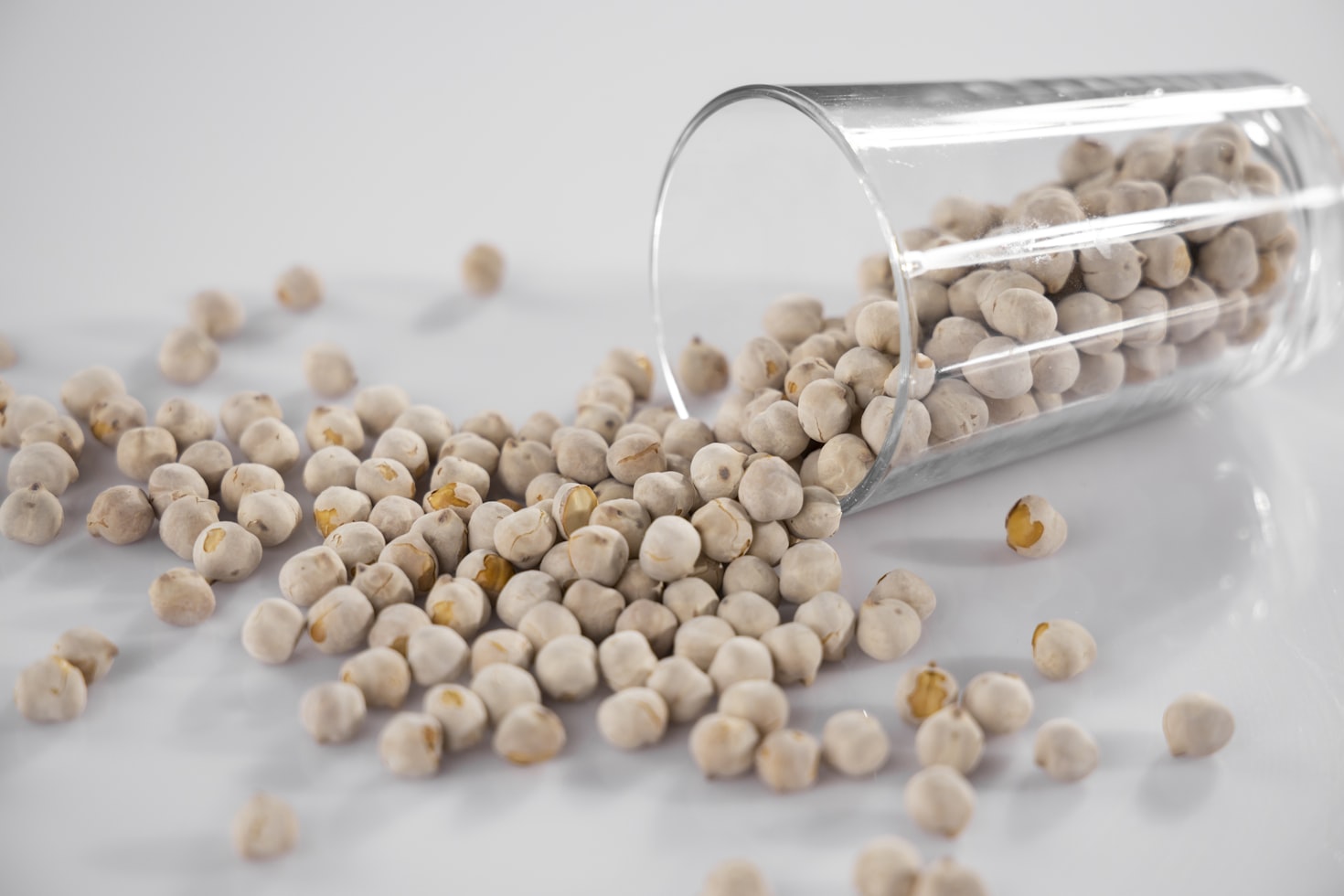Is Jello Keto Friendly?
When following a ketogenic diet, it is essential to carefully consider the foods and ingredients you consume. The ketogenic diet is a low-carb, high-fat diet that aims to put your body into a state of ketosis, where it burns fat for fuel instead of carbohydrates. With its sweet and jiggly texture, Jello is a popular treat that many people enjoy. However, is Jello keto-friendly? In this article, we will explore the nutritional composition of Jello and its compatibility with the ketogenic diet.
The Nutritional Composition of Jello
Jello is a gelatin-based dessert that is typically made by combining flavored gelatin powder with hot water and allowing it to cool and set. The nutritional composition of Jello can vary depending on the brand and flavor, but in general, it is low in calories and fat while being high in sugar and carbohydrates.
A typical serving of Jello (about 1/2 cup or 92 grams) contains:
- Calories: 80
- Total fat: 0 grams
- Carbohydrates: 20 grams
- Sugar: 19 grams
- Protein: 2 grams
As you can see, Jello is relatively low in calories and fat, making it a potentially attractive option for those following a low-calorie or low-fat diet. However, the high carbohydrate and sugar content of Jello can pose challenges for individuals on a ketogenic diet.
Jello and the Ketogenic Diet
The ketogenic diet requires individuals to limit their carbohydrate intake to induce a state of ketosis. In general, the recommended daily carbohydrate intake on a ketogenic diet is around 20-50 grams per day, depending on individual factors such as activity level and metabolic health.
Given that a single serving of Jello contains 20 grams of carbohydrates, it can quickly add up and significantly impact your daily carbohydrate allowance on a ketogenic diet. Consuming Jello regularly may make it challenging to stay within the desired range of carbohydrate intake.
Furthermore, the majority of the carbohydrates in Jello come from sugar. Sugar is a simple carbohydrate that is rapidly absorbed by the body, leading to a spike in blood sugar levels. This spike in blood sugar can disrupt ketosis and hinder the body’s ability to burn fat for fuel.
Alternatives to Traditional Jello
If you are following a ketogenic diet but still crave a sweet and jiggly treat, there are alternatives to traditional Jello that are more compatible with the diet. Here are a few options:
1. Sugar-Free Jello
Sugar-free Jello is a popular alternative for those on a low-carb or ketogenic diet. It is made with artificial sweeteners instead of sugar, significantly reducing the carbohydrate content. However, it is important to note that some artificial sweeteners may have a laxative effect or cause digestive issues in some individuals.
2. Homemade Gelatin Desserts
By making your own gelatin desserts at home, you have full control over the ingredients and can customize them to fit your dietary needs. You can use sugar substitutes like stevia or erythritol to sweeten the dessert without adding excessive carbohydrates.
3. Chia Seed Pudding
Chia seed pudding is a popular keto-friendly dessert that can be made by combining chia seeds with a liquid such as almond milk or coconut milk. The chia seeds absorb the liquid and create a pudding-like consistency. You can add flavors and sweeteners of your choice to enhance the taste.
Frequently Asked Questions (FAQ)
1. Can I eat regular Jello on a ketogenic diet?
Regular Jello is not recommended on a ketogenic diet due to its high sugar and carbohydrate content. It can disrupt ketosis and hinder your progress on the diet.
2. How many carbs are in sugar-free Jello?
Sugar-free Jello typically contains less than 1 gram of carbohydrates per serving, making it a suitable option for those on a ketogenic diet.
3. Can I use Jello as a dessert option on a low-calorie diet?
Jello can be a suitable dessert option for those on a low-calorie diet due to its low calorie and fat content. However, it is important to consider the sugar and carbohydrate content if you are also watching your carbohydrate intake.
4. Are there any health benefits to consuming Jello?
Jello is primarily made from gelatin, which is derived from animal collagen. Collagen has been associated with various health benefits, including improved skin health, joint health, and gut health.
5. Can I add fruits to Jello to make it more nutritious?
Adding fruits to Jello can enhance its nutritional value by providing additional vitamins and minerals. However, it is important to consider the carbohydrate content of the fruits and adjust your portion sizes accordingly.
6. Are there any keto-friendly Jello brands available in the market?
Yes, there are several brands that offer sugar-free and low-carb Jello options specifically designed for individuals following a ketogenic diet. These products are sweetened with artificial sweeteners or natural sugar substitutes.
Summary
While Jello may be a beloved treat for many, it is not considered keto-friendly due to its high sugar and carbohydrate content. However, there are alternatives available, such as sugar-free Jello, homemade gelatin desserts, and chia seed pudding, that can satisfy your sweet tooth while keeping you in ketosis. It is important to consider your individual dietary needs and goals when incorporating Jello or any other dessert into your ketogenic diet.
Remember to consult with a healthcare professional or registered dietitian before making any significant changes to your diet, especially if you have any underlying health conditions or concerns.





